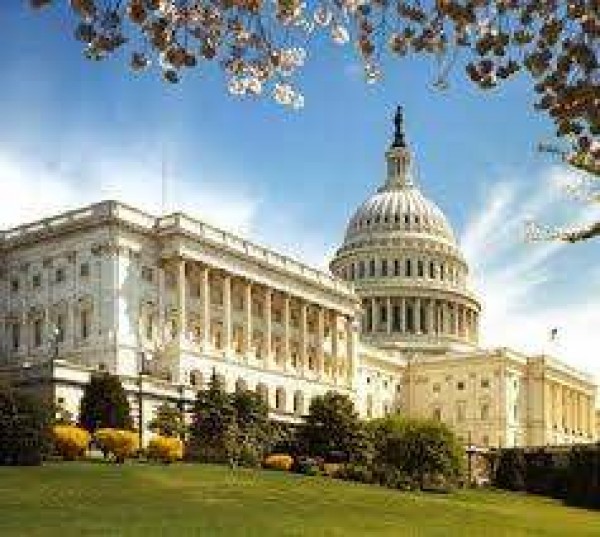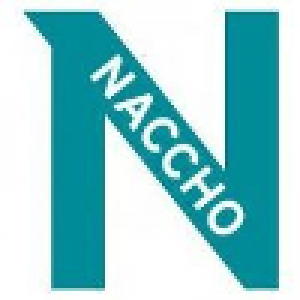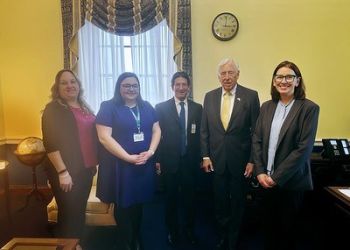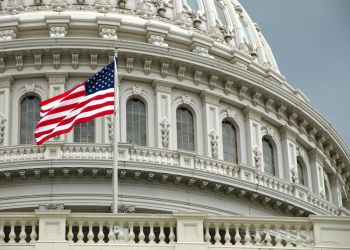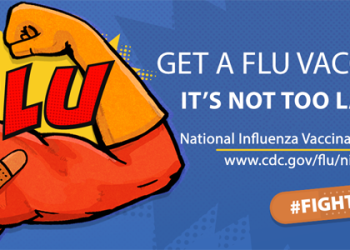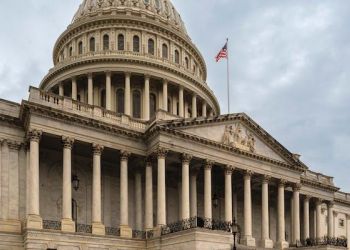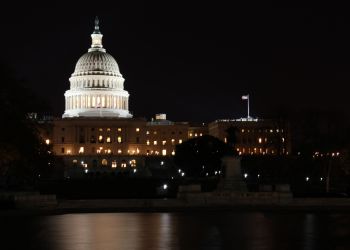“Far too many local health departments have struggled to adequately fund the massive amounts of work they are doing each and every day to try and keep us safe. We need them focused on the work that is needed in their community, not worried about how they will keep the lights on. ”
Washington, DC, December 22, 2020 — The National Association of County and City Health Officials, on behalf of the nation’s nearly 3,000 local health departments, released the following statement regarding the passage of the FY21 Omnibus Spending package and Covid-19 relief package.
“We very much appreciate Congress coming together to ensure that the government is funded through FY21 and to provide critical resources to help fund the pandemic response. The package includes strong funding for the governmental public health activities necessary to slow the spread of the virus, including over $22 billion for testing, contact tracing, and mitigation efforts, and nearly $9 billion for vaccine distribution and infrastructure. These funds are desperately needed as local health departments continue their months-long efforts on the front lines of the pandemic response. They are fighting on all fronts, including testing, contact tracing, providing essential supports to those who are sick or quarantining, and consulting on key mitigation measures for their schools and businesses. On top of all this, they are planning for the largest mass vaccination campaign our nation has ever attempted. They cannot do this without resources and support from all levels of government.
“I am proud of the work of NACCHO, our stakeholder partners, and our local health department members who have worked so hard over the last 8 months to help get this package over the finish line. Thank you to our members for sharing your stories, experiences, and hopping on Zoom calls with your elected officials—this deal would not have been so strong for public health without your expertise.
“While passage of this law is a critical step, it will take a concerted effort to expedite these much-needed funds to the front lines of the response. Far too many local health departments have struggled to adequately fund the massive amounts of work they are doing each and every day to try and keep us safe. We need them focused on the work that is needed in their community, not worried about how they will keep the lights on. We call on Congress and the Administration to ensure that these funds meaningfully support their vital work.”
The $900 billion package includes the following key public health provisions:
Public Health Response
- $22.4 billion for testing, contact tracing, and COVID-19 mitigation programs for state, local, territorial, and tribal health departments, $2.5 billion of which is for grants targeted at underserved areas, including communities of color and rural communities.
- $8.75 billion to support federal, state, local, territorial and tribal public health agencies to distribute, administer, monitor, and track coronavirus vaccination to ensure broad-based distribution, access, and vaccine coverage.
State and Local Funds
No new aid for state and local governments is in the bill. The previous round of funds provided to states and localities by the Coronavirus Relief Fund in the CARES Act, set to expire at the end of this month, were extended until December 31, 2021. In many localities, this funding has been very important to support the local health department response when other funds were not sufficient.
Related Policies
- Housing —$25 billion in federal rental assistance, with $800 million set aside for Native American housing entities. A federal eviction ban, which CDC had enacted through the end of the year, has been extended through the end of January.
- Schools and childcare — $82 billion for colleges and universities including $4 billion for a governors’ relief fund, more than $54 billion for public K-12 schools, and nearly $23 billion for a higher education fund. Separately, the childcare sector will receive about $10 billion
- Food and farmer assistance —$13 billion to bolster food stamp benefits by 15 percent, although it doesn’t expand SNAP eligibility. Farmers and ranchers receive another $13 billion round of direct payments to help cover pandemic-induced losses.
# # #
About NACCHO
The National Association of County and City Health Officials (NACCHO) represents the nation’s nearly 3,000 local health departments. These city, county, metropolitan, district, and tribal departments work every day to protect and promote health and well-being for all people in their communities. For more information about NACCHO, please visit www.naccho.org.
